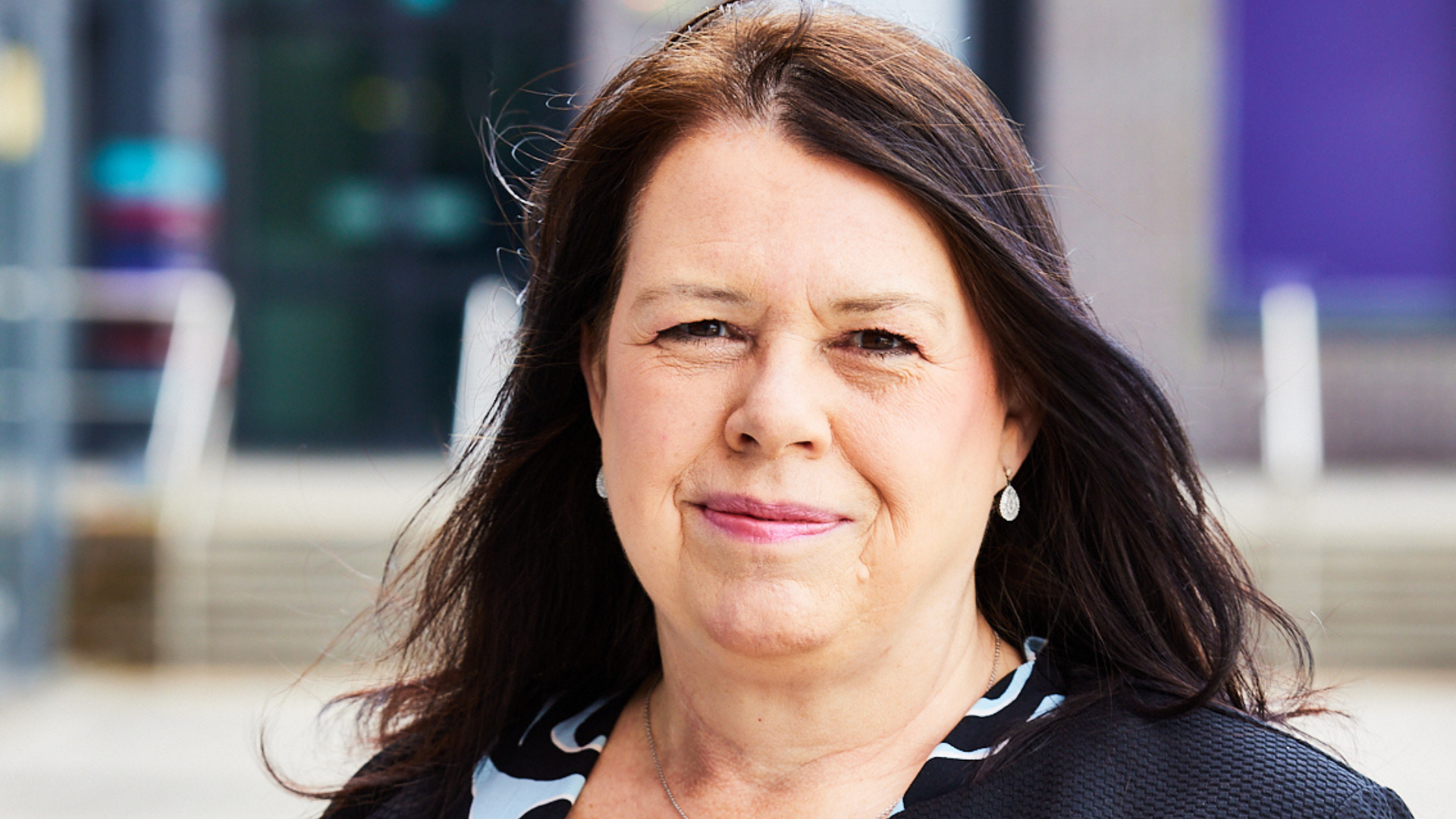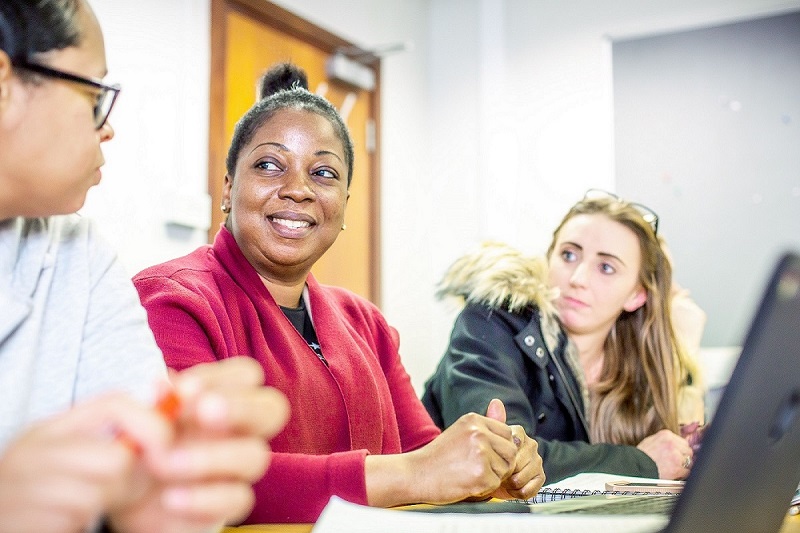
Making the sums add up on the nation’s numeracy challenge
Maths is high on the current political agenda, with a focus on the young. But a lack of basic numeracy is blighting the lives of millions of adults, writes Ann Marie Spry, Vice Principal of Adults at Luminate Education Group.
Numeracy, the ability to understand how maths works in the real world, influences most aspects of our lives – from budgeting for shopping to mortgage choices.
Yet a shockingly high proportion of adults in the UK really struggle to deal with numbers – with a 2022 report finding that, in West Yorkshire, more than half – 52% – had numeracy skills at ‘entry level and below’.
This problem is limiting countless people’s lives, not least by closing off work opportunities across all kinds of sectors. Because a grasp of basic maths, as part of the STEM (science, technology, engineering and maths) skill set, is vital to so many jobs – and not just the ‘usual suspects’ like finance, accountancy or computing.
Our numeracy woes are also causing real economic damage which, according to research by National Numeracy, could be costing the UK up to £25 billion a year. A new YouGov survey commissioned by the same charity found that there are currently 15 million people in the UK with ‘low skills or confidence’ in maths – with lower paid workers, the unemployed and part-time workers worst affected.
So how do we go about reaching, and helping, those who need it?
The benefits of a functional approach
That is a question that the government’s Multiply programme, which invests in courses for adults that focus on functional, rather than theoretical, maths was set up to help answer. The scheme involves working with educational and skills organisations, like ours, to boost people’s confidence with numbers and gain qualifications.
We were delighted earlier this year to be awarded nearly £480,000 for two of our group’s members, Leeds City College (which was awarded £434,000) and Keighley College (£45,500), to deliver Multiply training in West Yorkshire.
This funding is enabling us to put on new courses for adults that are tailored to fit around their busy lives, while training more staff to teach numeracy.
These sessions are concentrating on topics like banking, borrowing and interest levels to highlight the practical benefits of numerical skills, and targeting adults who don’t have a Level 2 qualification – roughly equivalent to a GCSE grade 4, or the old C grade – in maths.
We hope that through delivering the programme we can help adults in all walks of life develop improved financial skills: from planning their meals, or creating shopping lists and budgets, to understanding taxes, pensions and interest rates. This should help them to feel more secure as they plan for the future by enabling them to feel more in control, and give them confidence to explore new challenges.
In a way our aim is to correct a historical wrong, as so many of our young people have left – and are still leaving – school feeling intimidated, and fearful, about numbers. That can have far-reaching, negative consequences throughout life: unless we reach out and try to remedy the problem.
Practical skills for the cost-of-living crisis
Our work is still at an early stage but we know, from other schemes around the country – including in Staffordshire – that Multiply courses are delivering very tangible benefits: not least by empowering individuals to cope with the many challenges that are being thrown up by the cost-of-living crisis, through managing their household budgets, bills and debts, better.
The government has been in the headlines this year for talking, as part of its wider push to update a whole raft of educational qualifications, about the importance of getting everyone to study maths until the age of 18. That idea was referenced again, as part of Prime Minister Rishi Sunak’s proposals for a new Advanced British Standard, in the November 2023 King’s Speech, which stated that the new qualification would ‘ensure every young person studies some form of English and maths to age 18, raising the floor of attainment’.
That idea, given the link between numeracy and future life prospects, certainly has real merit – though proper funding will be needed to recruit and retain the maths teachers required to deliver it.
But we also, as a nation, have to make sure we don’t forget about the millions of people who have already been through the school system and yet don’t have the skills needed to help them fulfil their potential.
That is why the Multiply scheme, and the work further education providers around the country are doing thanks to its funding, is so important. Too many of our citizens, for far too long, have had to struggle due to a lack of number skills and this is costing them, and our economy, dear.
Whichever way you look at it, that just doesn’t add up.
This thought piece was recently published in The Yorkshire Post.







